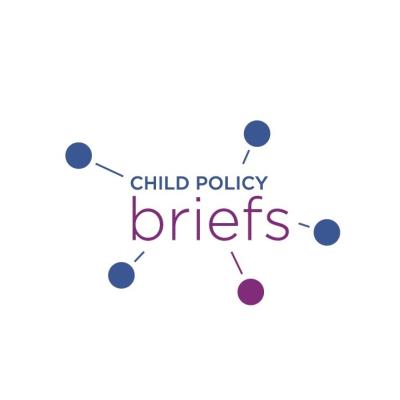Addiction
Description
A summary of the scientific literature on opioid addiction during pregnancy and for newborns.

Components
Image

How This Impacts Children's Development
Description
Parents’ opioid addiction affects children’s development from the prenatal stage through adulthood. Over time, this addiction combined with chaotic home environments, increases the likelihood that children will engage in substance use themselves. This sets the stage for intergenerational drug abuse and can lead to lifelong health consequences for the children.
Talking Points from the SRCD Brief
|
Policy Considerations in the Brief
- Expanding family-focused treatment models, and continued evaluation of their effectiveness for different groups, could help improve infant and maternal outcomes.
- Develop and support evidence-based programs that combine opioid agonist treatment with interventions aimed at helping opioid-addicted parents manage their emotions, reduce stress, and find fulfillment in their caregiving roles. These programs should focus on reducing the severity of maternal addiction and improving the well-being of both mothers and their children.
- Implement strategies that empower mothers of infants born with neonatal abstinence syndrome by encouraging their active involvement in the care of their infants. Such strategies should aim to reduce hospital stays, lower hospital costs, and minimize the need for pharmacologic withdrawal treatments for newborns.
- Promote and extend family-focused support programs for opioid-addicted women during pregnancy. These programs should focus on strengthening mother-child relationships and reducing substance use before the baby is born, laying the groundwork for better outcomes for both mothers and their children.